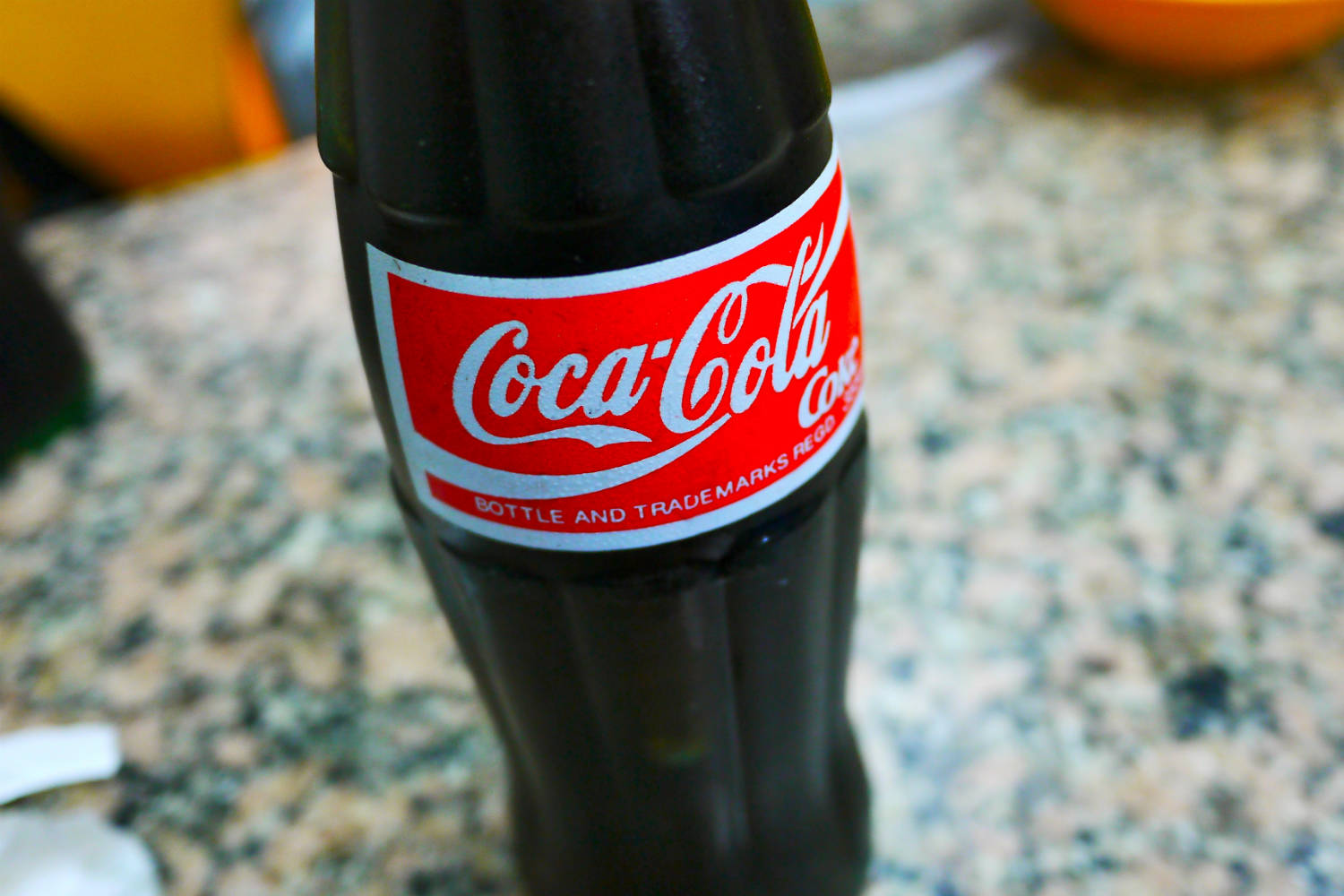After months of debate, the Seattle City Council has passed a tax on soda and other sugary beverages. Money from the tax will pay to bring healthy food into poor neighborhoods and more generally promote public health.
The tax is 1.75 cents per ounce of sugary beverage, and is projected to bring in $14.8 million next year (it would have been more than $23 million with diet). Businesses that earn between $2 million and $5 million per year pay a lower rate of 1 cent per ounce, and those earning less than $2 million annually are exempted entirely.
Going into the Monday vote, there were some questions about what would and wouldn’t fall under the tax’s purview. Specifically, it was unclear whether sugary lattes would fall under the legislation. The final version of the tax taxes sugary powders or syrups used in coffee shops (though that rate is based on the volume of drinks they’ll eventually create, not the volume of the syrup or powder). An amendment to exclude “hand crafted beverages” like bubble tea failed. An amendment by Debora Juarez to allow funding from the tax to pay for food banks succeeded.
Diet soda, which is popular among the upper classes, was previously included in the tax for reasons of equity but was removed before the final vote. Councilmembers Lisa Herbold and Kshama Sawant unsuccessfully tried in committee to lower the tax rate and re-include diet soda, pointing out that the sugary beverage tax is regressive in the sense that it is primarily paid by poor consumers. Other councilmembers including Mike O’Brien countered that the whole point of the tax was to discourage those very consumers from buying as much carbonated sugar water in the first place. On Monday, during discussion before the final vote on the tax, Herbold tried again, this time proposing that the council lower the tax on sugary soda and compensate by removing the exemption on milk products, which she said would bring in an additional $4 million annually.
After that amendment failed, Herbold became the only councilmember to vote against the final tax, which she called “punative” against poor consumers. (Sawant was absent.) “I’m really hoped to get to a place where I could support this bill” by shifting the tax burden onto wealthier consumer products, she said, and “I’m really disappointed that my efforts were not successful at convincing my colleagues.”
You can read more on the background of the soda tax here, and our editorial in favor of the soda tax here.
cjaywork@seattleweekly.com
This post originally misreported the amount that the soda tax as passed will raise in revenue.








